Nestlé welcomes improved sustainable palm oil standard
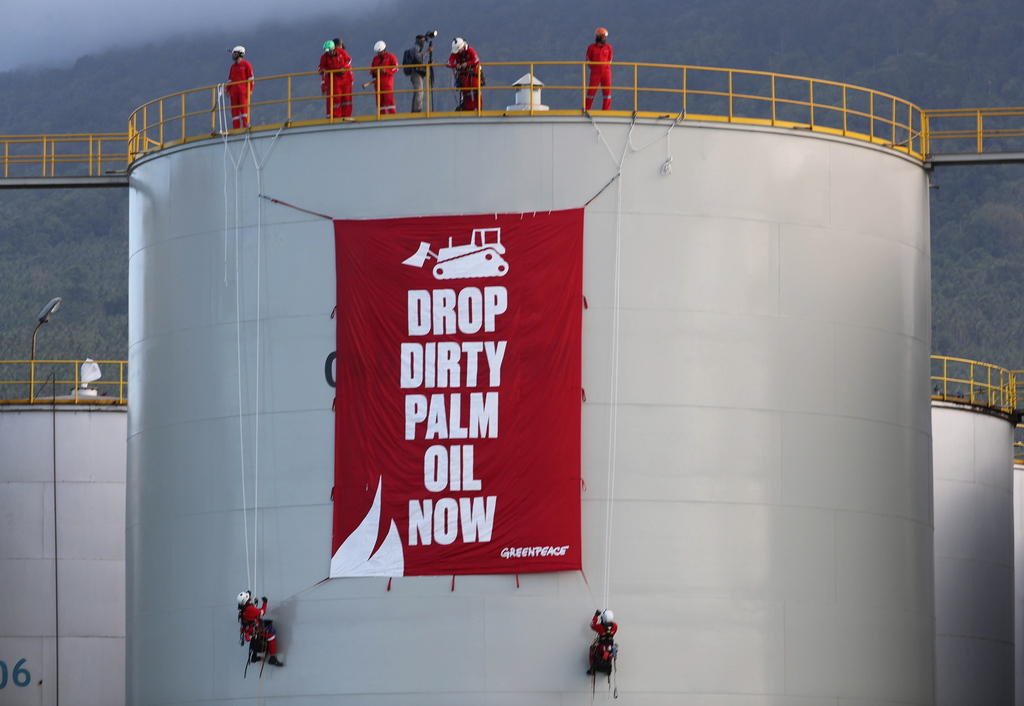
Members of the Round Table on Sustainable Palm Oil (RSPO) have voted in favour of stricter standards for certified sustainable palm oil at their annual meeting in Malaysia on Thursday. Nestlé says key gaps are addressed but wants even stricter criteria.
RSPO is a coalition of palm oil producers, processors or traders, consumer goods manufacturers (such as Nestlé), retailers, banks and NGOs, with the aim “to develop and implement global standards for sustainable palm oil”.
The new standardsExternal link, that are applicable immediately, call for an end to deforestation of High Carbon StockExternal link (HCS) forest land for palm oil plantations, as well as a total moratorium on planting of peatlands of any depth. Additional requirements include tighter labour standards such as preventing the exploitation of contract and migrant workers.
A “no” vote by the group would have caused significant turmoil, especially in the face of mounting criticism of palm oil usage. Recently, as seen in the tweet below, British retailer Iceland called in an advertisement – that was banned for being political – for a palm oil free Christmas.
This banned Iceland advert has generated huge social media numbers and been seen by millions of eyeballs…precisely because it was banned. Power of social media right there… pic.twitter.com/O5EYov24DYExternal link
— Jake Humphrey (@mrjakehumphrey) November 10, 2018External link
Nestlé wants more
The RSPO Principles & Criteria (P&C) review began in March 2017, following criticism that the body was not fulfilling its role of ensuring its certified palm oil was fully sustainable.
Matters came to a head in June when the Swiss food giant Nestlé was suspended from the RSPO for trying to go its own way, as it felt the RSPO standards were not high enough. It was readmitted after reaching a compromise.
Nestlé sourced close to 460,000 tonnes of palm oil in 2017, of which around 20% was RSPO certified. The company welcomed the revised P&C adopted on Thursday, but with some reservations.
“Additional challenges are still to be addressed. These include the adoption of an approach to prevent deforestation in high forest cover landscapes and the adoption of a simplified standard for smallholder farmers, who account for 40% of palm oil production globally,” said Benjamin Ware, Nestlé’s global head for responsible sourcing.
Switzerland recently announced that it would sign a free trade agreement with Indonesia, the world’s largest producer of palm oil, by the end of this year. The deal will feature reduced import tariffs on palm oil and its derivatives to the tune of 20-40%. A clause on respect for the environment will also be introduced but it is not yet clear how it will be implemented.
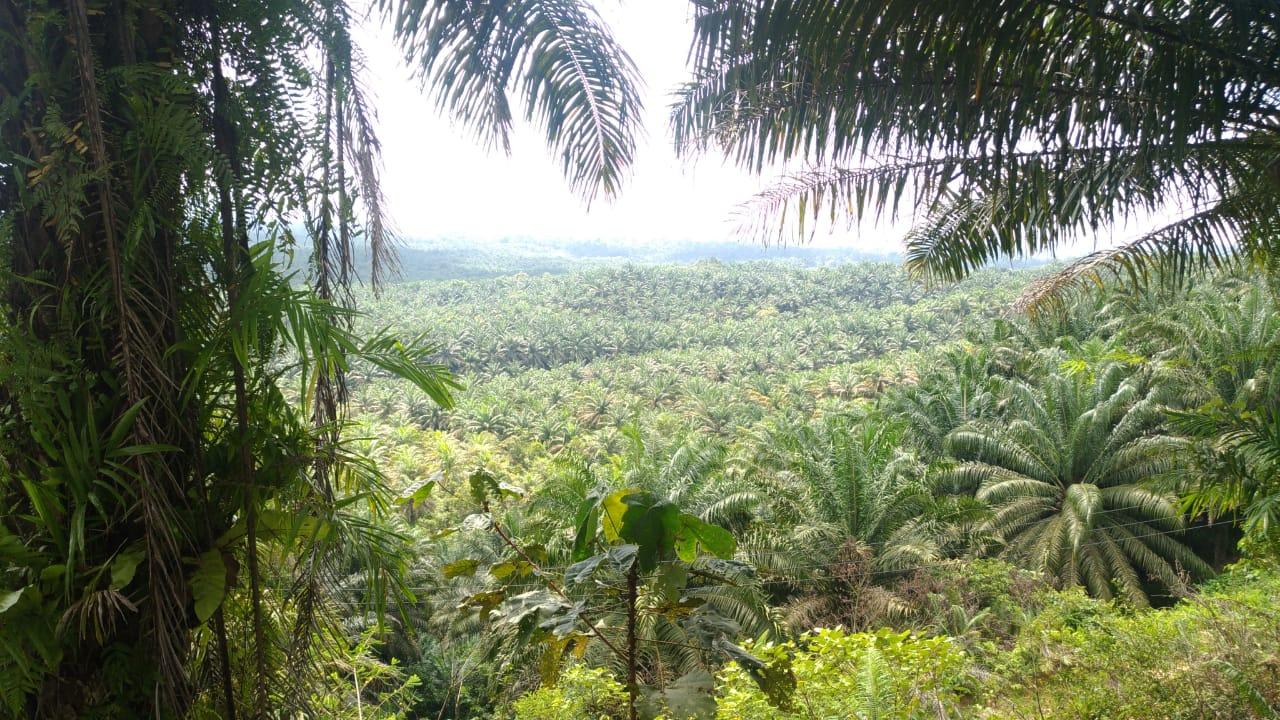
More
Is the sustainable palm oil label on a slippery slope?

In compliance with the JTI standards
More: SWI swissinfo.ch certified by the Journalism Trust Initiative








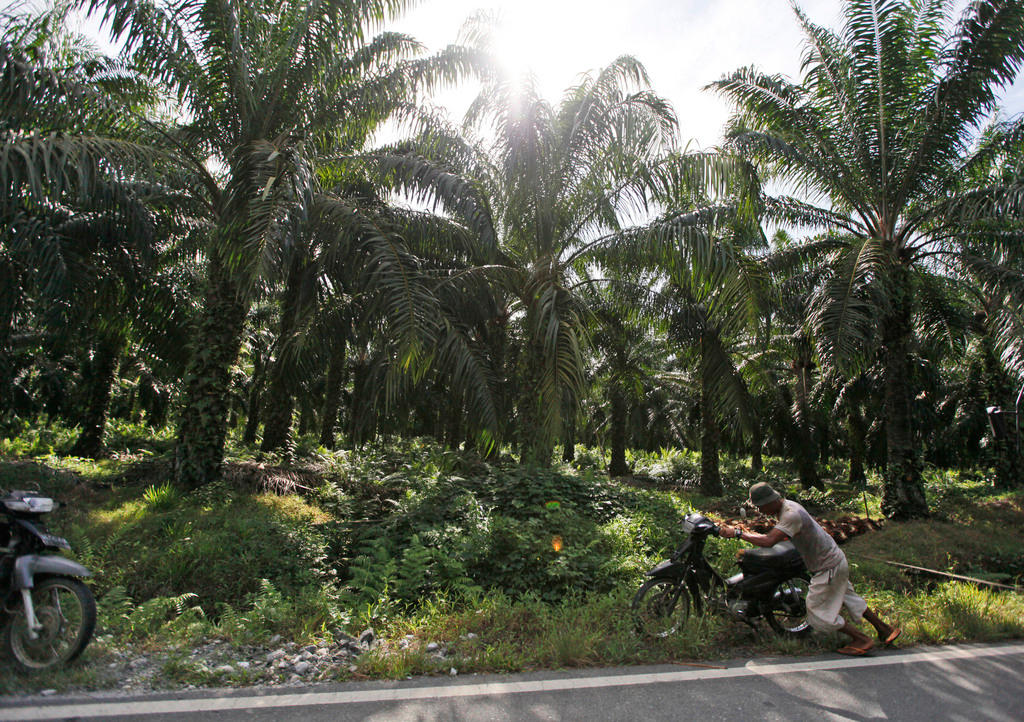
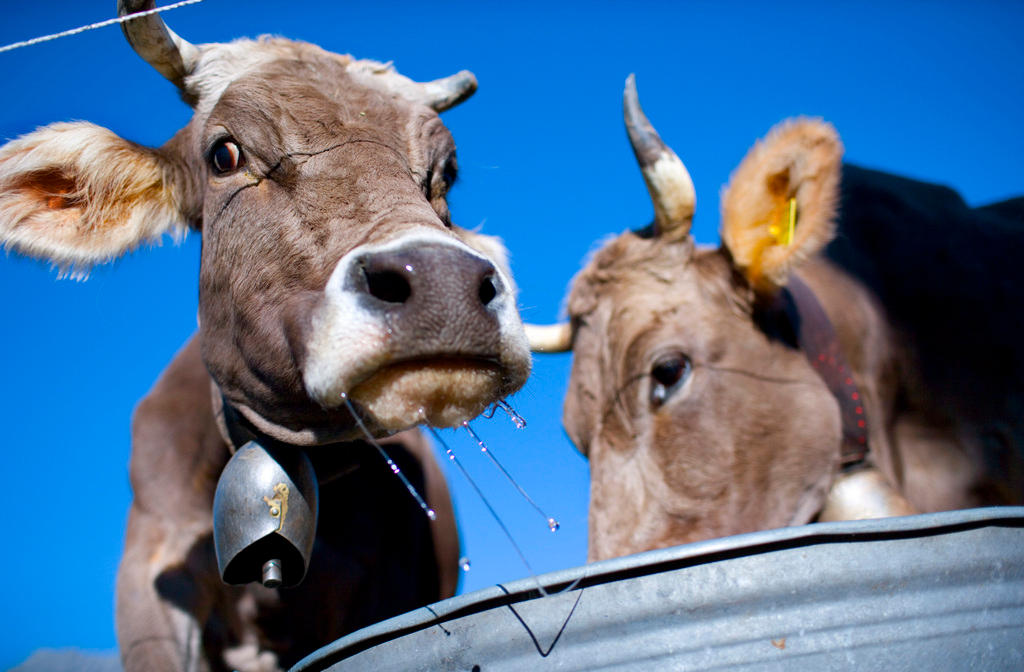
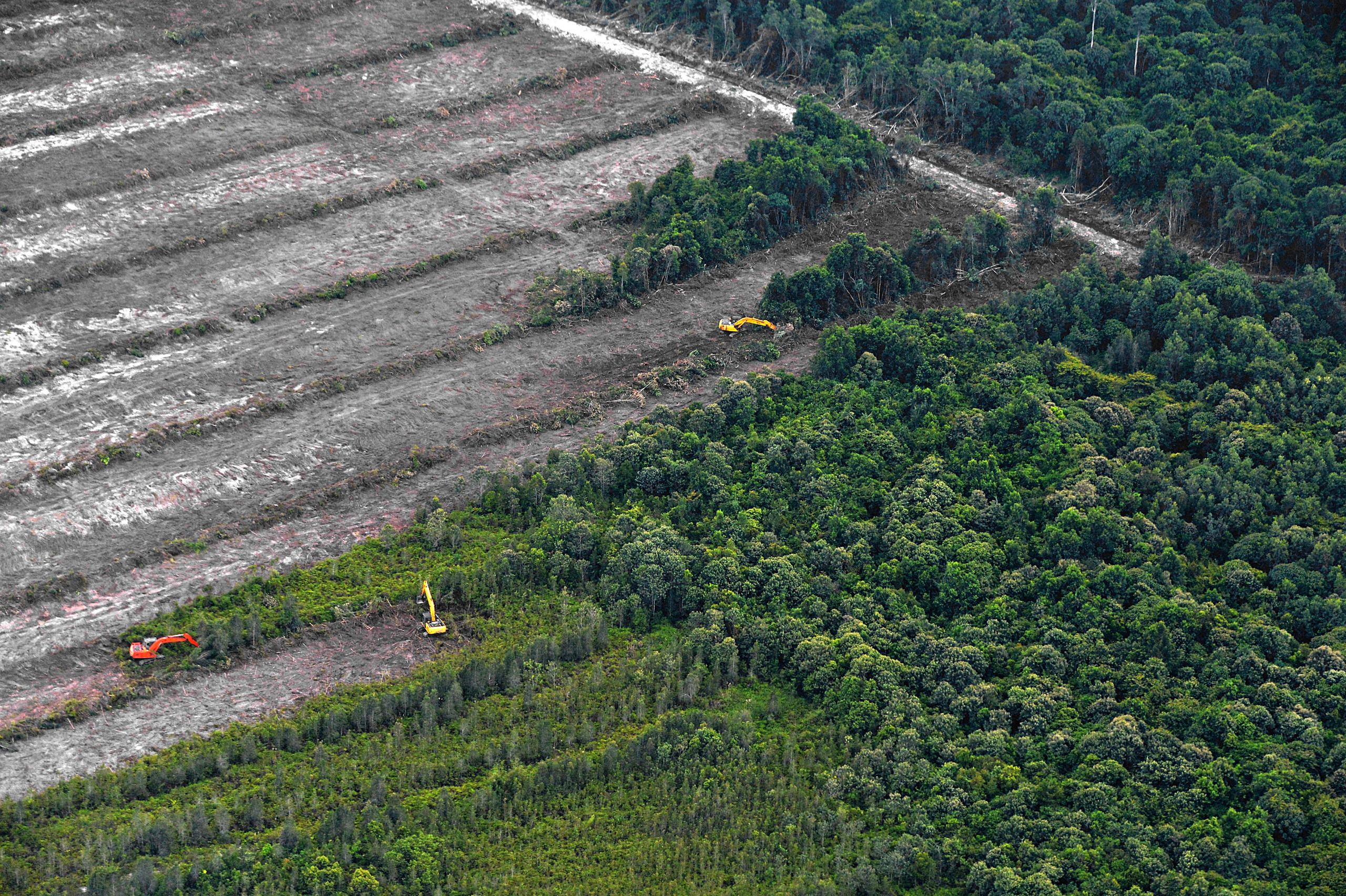
You can find an overview of ongoing debates with our journalists here . Please join us!
If you want to start a conversation about a topic raised in this article or want to report factual errors, email us at english@swissinfo.ch.